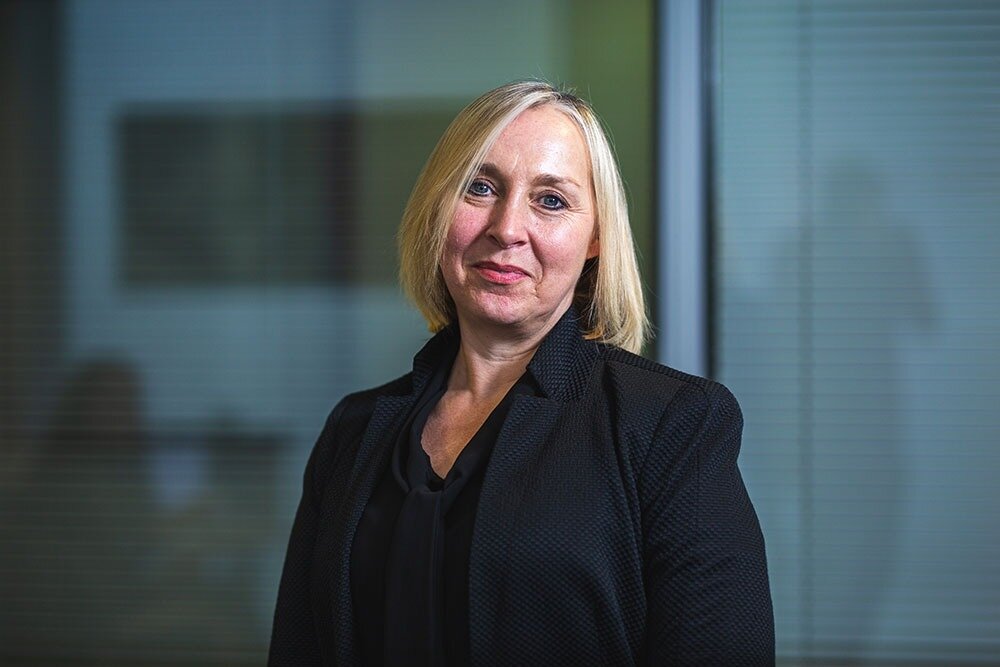
If you’ve made the decision to separate or divorce, you might be wondering what first steps you could take to get through this difficult process as quickly and amicably as you can.
Family Mediation is where an independent, trained professional helps provides a couple with the assistance they need to reach their own solutions regarding children, property and finance without having to involve the Court.
Financial Matters
When there are money and property matters to be tackled Mediators can help couples, in a neutral way, to work out the terms of a financial settlement based on each party’s circumstances and needs. Realistic, practical agreements can be reached quickly, without the need of going to Court, and can become legally binding Consent Orders.
A Mediator can help to negotiate on matters such as the family home, for example, should one of you remain in the family home or should it be sold and, if so, when and how should the money be divided? In the case of a rented home, should the tenancy be changed or transferred?
Another important part of the financial equation is whether one person needs to be compensated for the loss of pension rights, endowments and so on.
The Mediator will then help to identify possible options and the final outcome will depend on the couples view about what they feel is fair, what best meets the needs of all members of the family, particularly the children.
Children in Mediation
Mediation helps parents to co-operate with each other over their children, to discuss their children’s needs and to take full account of any concerns that either parent has regarding the children. Whatever your feelings, it is important to put your children’s needs first and avoid them being caught up in conflicts and arguments.
In certain situations, particularly when your child is old enough to express their feelings, they can also be seen by the Mediator, though this require specialist training and not all Mediators can provide this service. This will only happen if both parties agree and the child agrees. The Mediator will only feedback information that your child agrees to.
What are the benefits of Mediation?
• Speed – Family mediation is quicker that going to court. Generally, mediation takes 4-8 weeks whereas Court proceedings can take months to be resolved.
• Cost – If you are financially eligible for legal aid, mediation will not cost you anything. If you do pay for mediation, it is much more cost-effective than dealing with your issues through the Courts or instructing solicitors.
• Creativity – Mediation allows you to be creative in dealing with the issues you need to resolve. These can include issues that the Court cannot resolve for you. Many couples say that mediation helped them to divorce or separate without increasing levels of hostility, and that discussing their problems face-to-face helped them to reach fair solutions tailored to their own circumstances.
• Control – You will always be in control of the outcome. This makes it very different from Court where ultimately a Judge would impose a decision upon you.
• Communication – Because mediation encourages you to work together to find a solution it can improve communication between you. It reduces conflict which is particularly important if children are involved. Whatever your feelings, it is important to put your children’s needs first and can help maintain important family relationships.
Online Mediation is currently available via Facetime, WhatsApp, Zoom etc.
Legal Aid is usually available if you receive Universal Credit. If you are paying privately, read about our fees here www.sillsmediation.co.uk/cost
If you think Mediation might be the right path for you, call Helen Derry's Mediation Team on 01522 551613 or visit sillsmediation.co.uk




 Helen Derry
Helen Derry